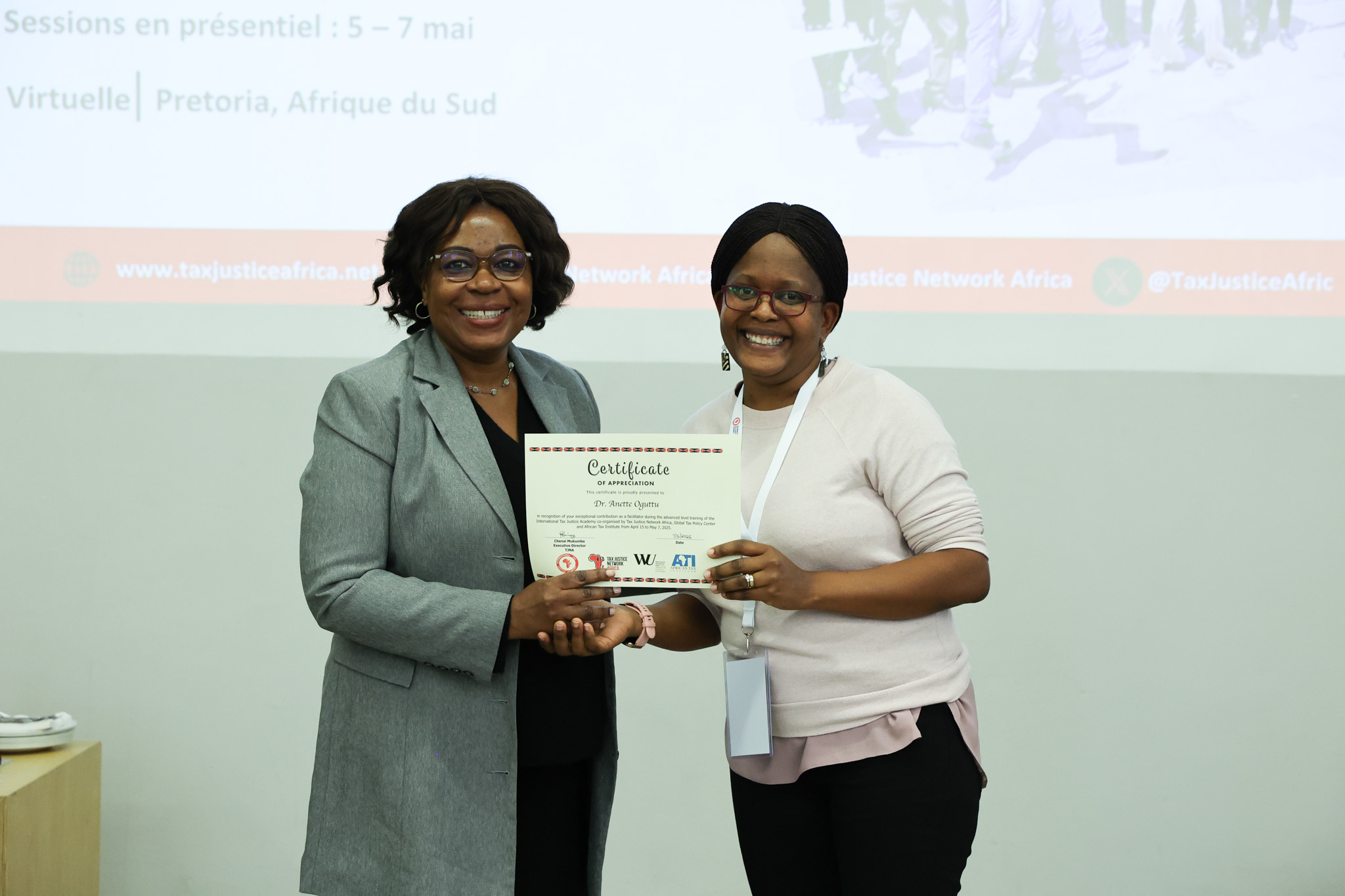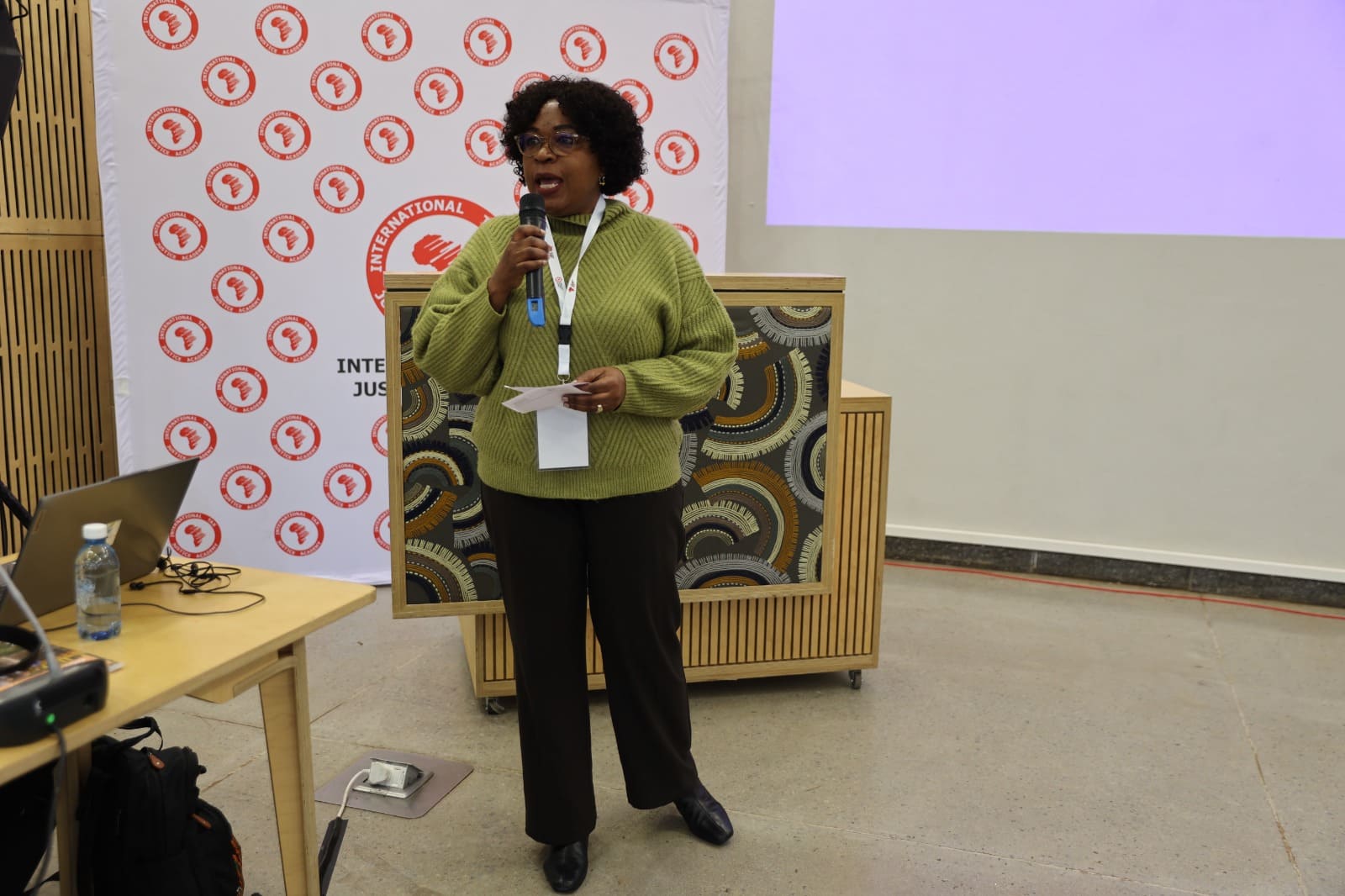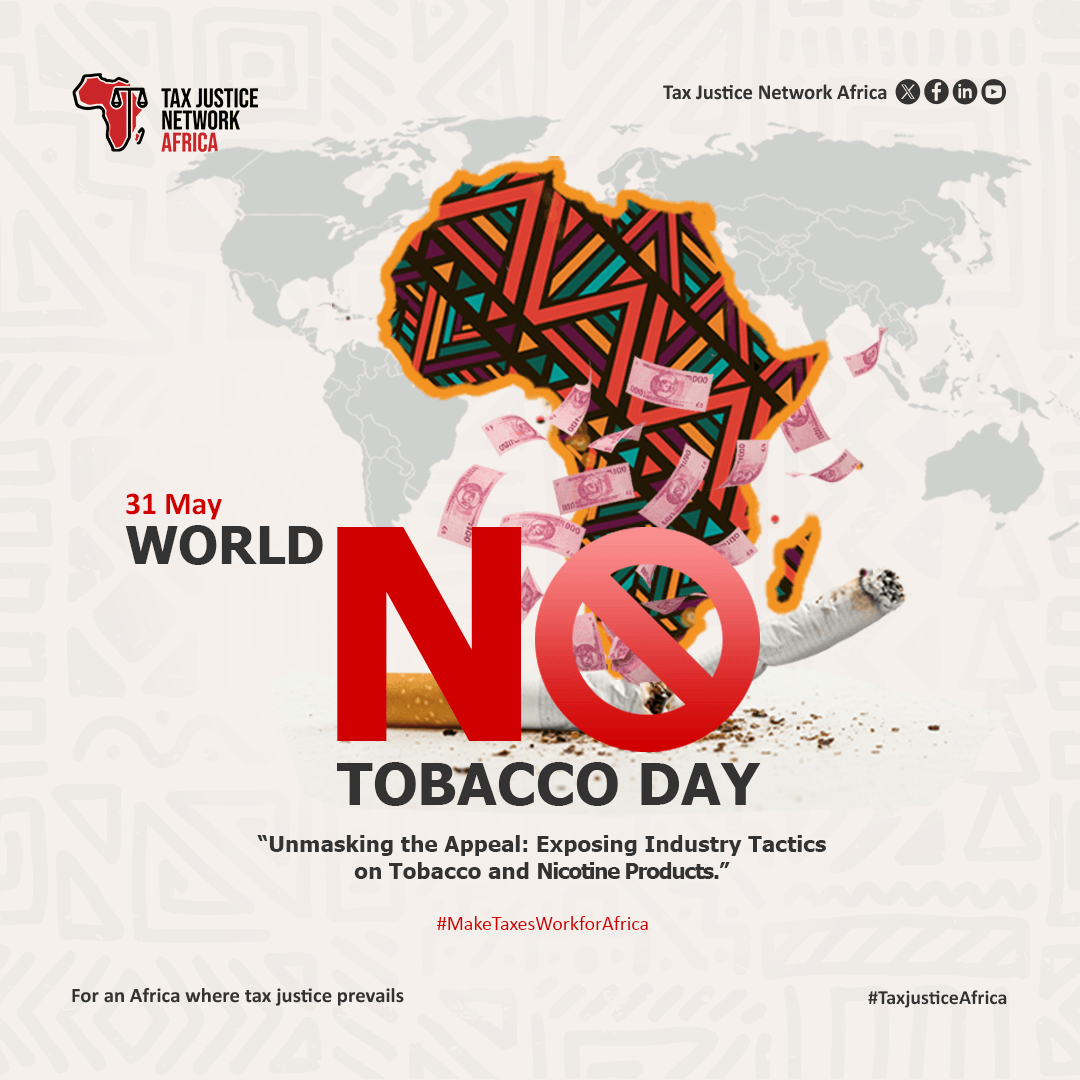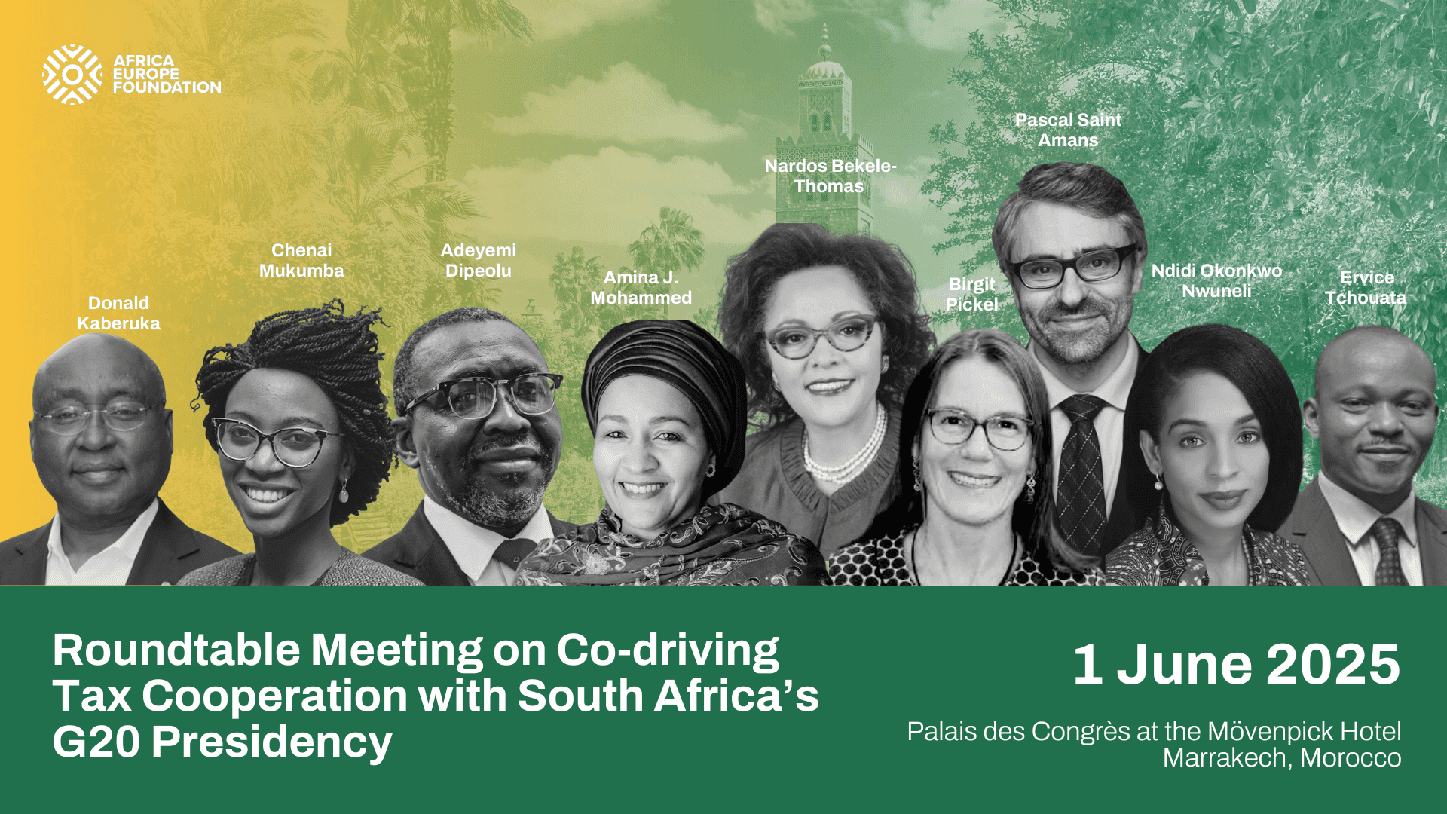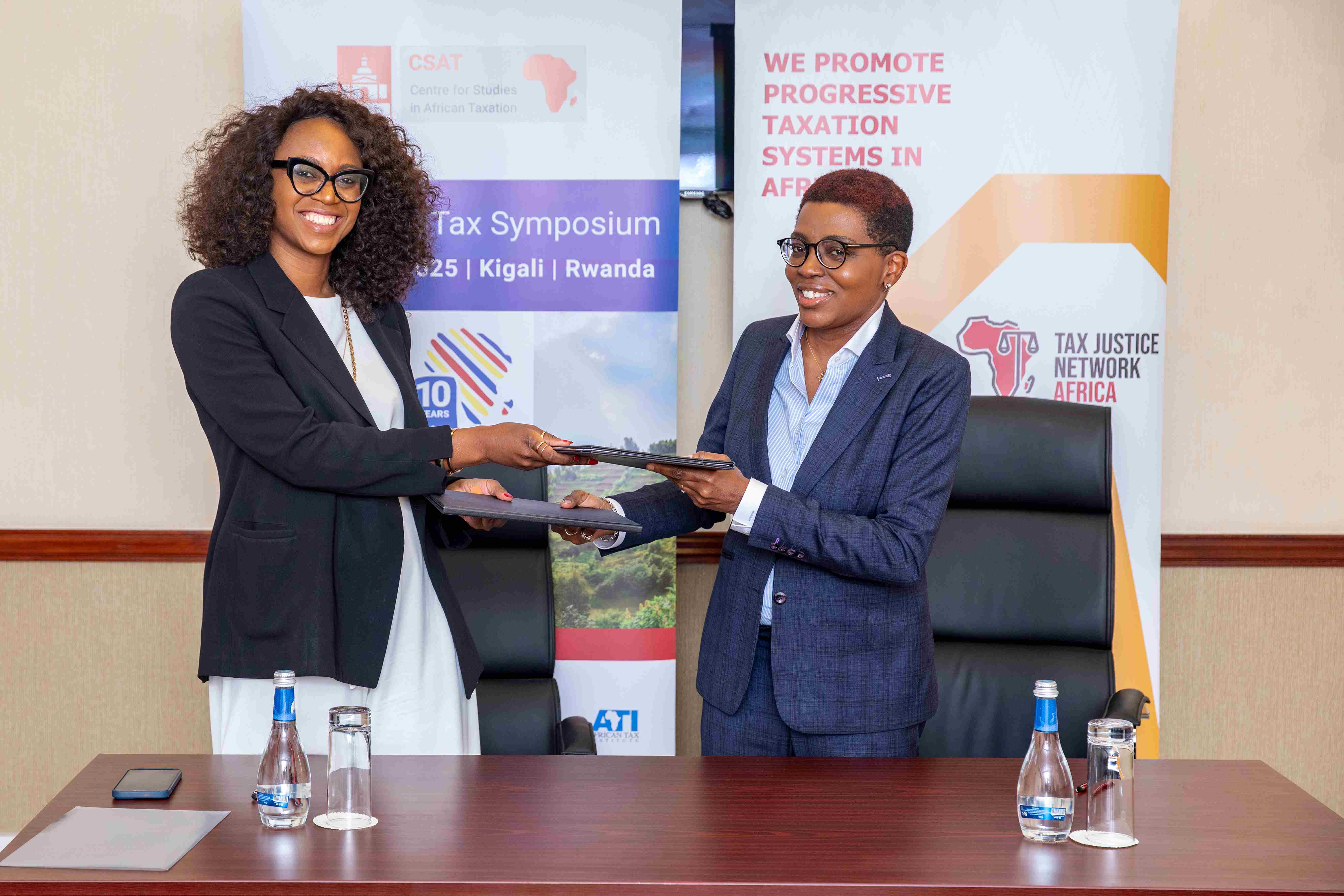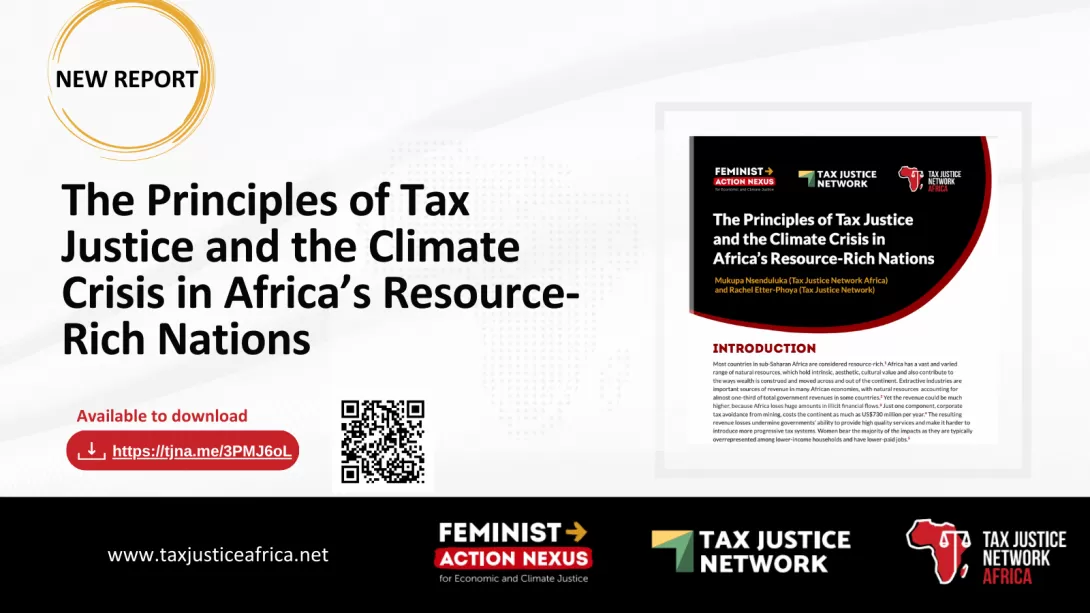
A new policy paper commissioned by Tax Justice Network and Tax Justice Network Africa (TJNA) titled The Principles of Tax Justice and the Climate Crisis in Africa’s Resource-rich nations recommends the use of tax as a tool for tackling inequality amid the climate crisis by leveraging intergovernmental discussions on international taxation, integration and cooperation through domestication of the African Mining Vision and the African Continental Free Trade Area and creation of a strategy on the future of fossil fuels and minerals needed for the energy transition.
The policy paper also unpacks the five principles of tax justice in Africa’s resource-rich nations within the context of the climate crisis with a gender lens, to address gender inequality in Africa and how tax can be used to reprogram economies to shake deeply rooted inequalities, given the primacy of revenue from extractives in many African economies.
The policy paper highlights that understanding how tax can be used to reprogram economies to shake deeply rooted inequalities is important, given the primacy of revenue from extractives in many African economies.
The majority of African countries aspire to enhance revenue generation throughout the entire extractive industry value chain, aligning their goals with the African Union's African Mining Vision. This vision serves as the continent's framework for ensuring that mining contributes to economic transformation by promoting transparent, equitable, and optimal exploitation of mineral resources, fostering broad-based sustainable growth and socio-economic development.
However, large-scale mining operations in Africa are deeply rooted in neoliberal, colonial, and capitalist structures, which impact both the revenue generation and distribution functions of taxation. Much of the mining activity in Africa is controlled by multinational corporations headquartered far from the continent, relying on foreign direct investment often funnelled through numerous subsidiaries located in tax havens or low-tax jurisdictions. This business model, where corporate headquarters are situated in distant countries separate from the actual economic activities, typically leads to the artificial shifting of profits out of Africa. Consequently, this practice erodes the domestic tax base in Africa, resulting in lower tax payments by companies in regions where minerals are extracted.
While artisanal and small-scale mining can be an income-generating opportunity for women in Africa, women are often in less protected jobs. Looking at gender parity, in many communities, women tend to act as primary caregivers, either children or family members suffering from health complications arising from extractive-related pollution.
These factors combined often practically have the effect of excluding women from the formal job market and further affects their ability to seek out income-generating opportunities.
Furthermore, the relationship between the extractive sector and the energy transition represents a complex challenge for African governments and citizens. Debates centre on the rising demand for minerals and metals for the transition to renewable technologies, and the future of fossil fuel extraction.
For almost half of African countries, two fossil fuels—petroleum and coal—are the most plentiful resources. While central to government revenue, fossil fuels also harm people’s health and lives; of workers and for communities near upstream extraction of fossil fuels and through emissions contributing to the climate crisis.
To mitigate some of these challenges, the policy paper suggests that sustained pan-African coordination and cooperation on international taxation should be encouraged and supported, with collaboration from other regional blocs, such as the recent Latin American and Caribbean Summit for an Inclusive, sustainable, and equitable global tax order. Continued efforts by the African Union, especially its sub-committee on tax and illicit financial flows, and the African Tax Administration Forum, should also receive backing.
Regionally, integration and cooperation through the adoption of the African Mining Vision and the African Continental Free Trade Area could help reshape the tax system to ensure that Africa's extractive industries contribute to national development plans without exacerbating inequalities.
At the national level, the policy paper highlights that African governments should develop a clear strategy regarding the future of fossil fuels and minerals essential for the transition to cleaner energy sources.
The policy paper further highlights that given their shared goals, the collaboration between the feminist, tax justice, and climate justice movements should be strengthened through synergy and tactical advocacy to realise both tax justice and climate justice.
Lastly, a key recommendation in the paper states that momentum should be built, and broader alliances formed with feminist and natural resource justice movements at the grassroots level, where the needs, rights, and aspirations of all people, especially marginalised groups, intersect with regional and international tax policymaking bodies.
To access the full policy paper, please visit https://tjna.me/3PMJ6oL
For more details on the report, please contact mnsenduluka@taxjusticeafrica.net

